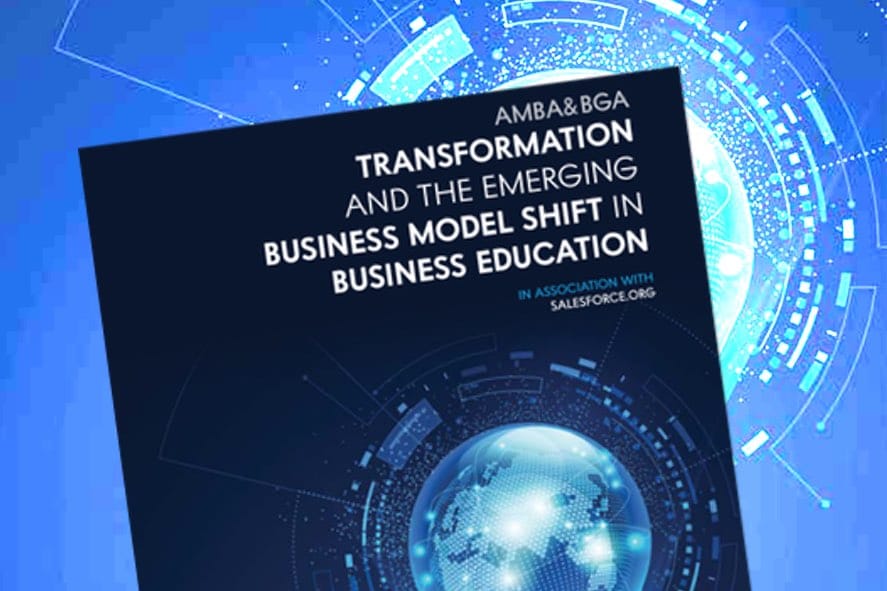More personalised learning is set to become the norm at business schools as students broaden their options away from traditional on-to-four-year degrees and embrace micorcredentials, according to a new survey of 144 global business school leaders.
Transformation and the Emerging Business Model Shift in Business Education report by the Association of MBAs, (AMBA), Business Graduates Association (BGA) and Salesforce.org showed that 72% of respondents believe their institution provides a personalised experience for their students.
This trend is only set to advance with 88% of the same sample of School decision-makers agreeing that personalising the learning experience of their students is something that will grow in importance over the next five years.
AMBA and BGA Insight and Communications Executive Ellen Buchan, writing in the report, said personalisation was not just about how the learning was delivered.
“What we learn is also becoming more personalised,” she said. “Digital credentials offer short courses on trending topics, meaning learners can pick and choose what they need to learn for their professional and personal learning, in real-time.
“Will these short courses – which give participants the knowledge they need, when they need it – take over from the one-to-four-year degrees that have been so established in our institutions for so long?”
A quarter (25%) of the Business School leaders who took part in the survey believe that microcredentials represent the future of postgraduate business education, and 35% see microcredentials provided by companies, such as LinkedIn, as a threat to how their Business School will operate in the next five years.
When asked if they believe that Business Schools are under pressure to change their fundamental value proposition and business model, 80% of Business School leaders said ‘yes’. Just 13% said ‘no’, while the remaining 7% said they are unsure at this stage.
Distilling Business School strategy to the fundamentals, respondents were asked who they believed is a Business School’s main customer. More than half (58%) believe its primary customer is students while a third (33%) think its main customer is society itself.
The survey then moved on to ascertain Business School leaders’ top two priorities for students. Just under two thirds (65%) of Business School leaders that completed the survey deem teaching and learning to be the number one priority area for students. Careers support, cited by 35%, is the second-most popular priority area.
What role should Business Schools play in society? More than half (54%) of responding Business School leaders believe it is to develop and nurture responsible managers; 17% said the role of Business Schools is to support the societies in which they’re based, 16% said it is to produce world-class leaders to innovate in terms of corporate strategy; and 13% believe it is to help solve the world’s greatest problems.
Andrew Main Wilson, CEO of AMBA & BGA, said: ‘It seems that Business Schools are on the precipice of change and while many have dipped their toes in the water of this transformation and model shift, there is an awareness that things will change to an even greater extent.
‘One of the most enlightening results from the survey is that 80% of Business School leaders believe their institution is under pressure to change their value proposition and business model. However, Business Schools have shown themselves to be resilient and flexible already in the past two years, when faced with the Covid-19 pandemic, and would appear well placed to respond strongly to this perceived pressure to transform their business models.
View the full report here.







